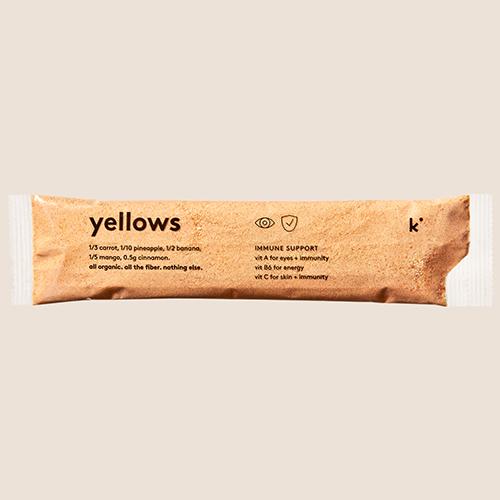The health benefits of chocolate
It’s easy to forget that chocolate comes from plants. And since we’re big fans of plants, we’ll go ahead and take this opportunity to brag on behalf of chocolate a little bit. It’s not just tasty - it can be nutritious too!
Have you found yourself tempted to reach for a chocolate bar while at the grocery store checkout line, but out of guilt over wanting to eat healthier, you resist? For decades, chocolate, along with other sweet treats, have been deemed unhealthy due to its association with other candies and sugary snacks. But what does the research actually have to say about this timeless sweet?. Let’s dive in.
Heart Health
Dark chocolate is rich in antioxidants, specifically flavonoids, which have been shown to lower blood pressure, reduce the risk of clotting, and improve blood circulation to the heart. These effects significantly reduce the risks of stroke, coronary heart disease, and heart disease-related death. One study even found that individuals who consumed chocolate two or more times per week were 32% less likely to have coronary artery calcification compared to those who never ate chocolate.
Furthermore, dark chocolate can help lower LDL (bad) cholesterol levels. A National Health and Nutrition Examination Survey done in 2020 reports that about one in 17 adults in the US have high LDL cholesterol. These studies indicate that the consumption of dark chocolate can effectively lower such levels, thereby improving overall cardiovascular health. This makes dark chocolate not only a treat for your taste buds but also a healthy boost for your heart.
Brain Function
Cocoa, the main component in chocolate, has been linked to improved brain function. Flavonoids–potent compounds found in cocoa–have a positive impact on cognitive abilities, including better reaction time, enhanced visual-spatial awareness, and stronger memory. One reason for this is that flavonoids increase blood flow to the brain, which is associated with improved brain function and protective effects against neurodegenerative diseases such as dementia and stroke.
Moreover, research has shown that dark chocolate consumption is associated with lower stress levels. People who eat dark chocolate report feeling less stressed and have reduced levels of cortisol, a hormone associated with stress. Some studies have even suggested that incorporating chocolate into your diet may be linked to reduced odds of clinically relevant depressive symptoms. The mood-enhancing effects of chocolate can be attributed to compounds such as phenylethylamine (PEA) and serotonin, which promote feelings of well-being and happiness.
Blood Sugar Regulation
If you were expecting “courage” to be the next benefit, in a Wizard of Oz-ian twist, sorry to disappoint. But on a more positive note, some research suggests that sugar-free dark chocolate can improve insulin sensitivity, which may help reduce the risk of diabetes. The flavonoids in dark chocolate can modulate glucose metabolism and enhance insulin function. However, it is important to consume chocolate with high cocoa content and minimal added sugar to reap these benefits. Moderation is key, as excessive consumption can lead to adverse effects due to the high sugar content in many chocolate products.
Nutrient-Rich
Chocolate, especially dark chocolate, is nutrient-rich and provides essential minerals such as magnesium, iron, and zinc. These minerals are vital for various bodily functions, including energy production, oxygen transport, and immune function. Dark chocolate also contains fiber, which aids in digestion and promotes a healthy gut.
Anti-inflammatory Effects
The anti-inflammatory properties of dark chocolate can help reduce inflammation throughout the body. Chronic inflammation is a risk factor for many diseases, including heart disease, diabetes, and certain cancers. By reducing inflammation, dark chocolate contributes to overall health and well-being.
Improved Exercise Performance
Some studies suggest that the epicatechin in dark chocolate can enhance the production of nitric oxide in the blood, improving oxygen availability and boosting athletic performance and endurance. This makes dark chocolate a potential aid for serious athletes and really anyone partaking in regular physical activity.
Cut Down on Cravings
While it might seem counterintuitive, moderate consumption of dark chocolate can help curb cravings and increase feelings of satiety, potentially aiding in weight management by preventing overeating. The rich, intense flavor of dark chocolate can even satisfy sweet cravings with a smaller quantity.
But Remember, Moderation Is Key
Just like with any food, it’s important to note that the health benefits of chocolate are most profound when it’s enjoyed in moderation. The flip side is that next time you’re waiting in line at the grocery store, go ahead and pick up that dark chocolate bar you’re eyeing!
there's more good content where that came from
